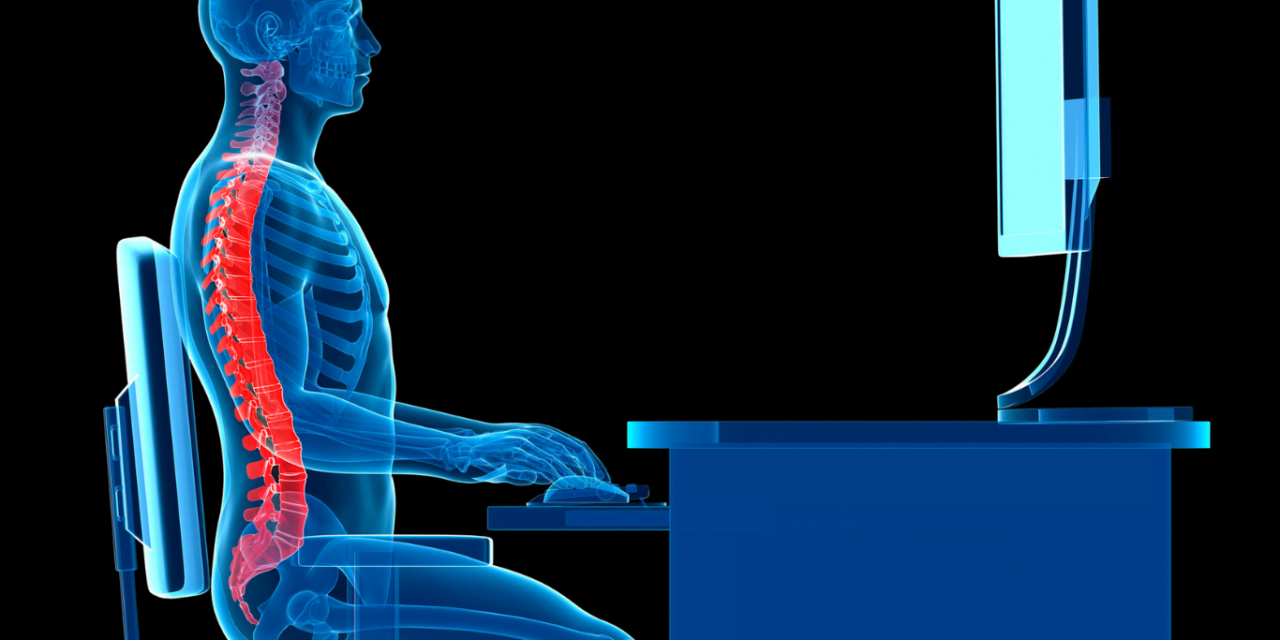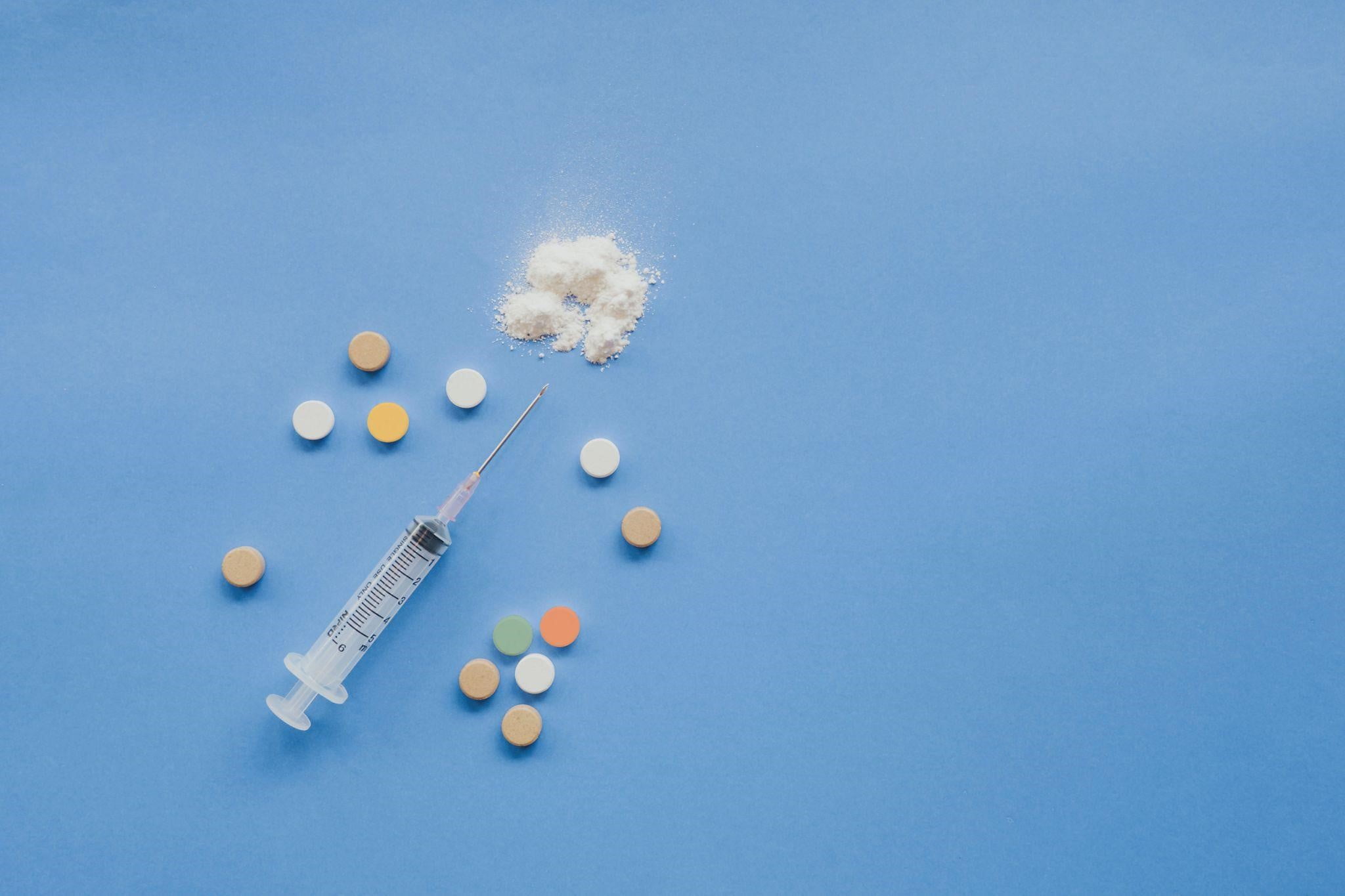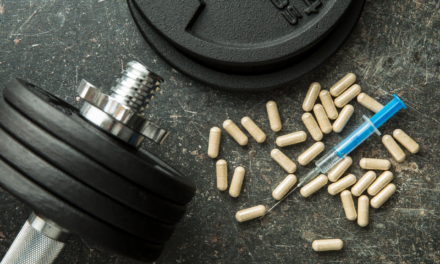Anabolic steroids are synthetic substances that mimic the effects of testosterone in the body. They have been used for various medical purposes, including treating conditions like delayed puberty and muscle wasting. However, they have also been widely used as performance-enhancing drugs and have become controversial due to their potential health risks and misuse. This article aims to provide a comprehensive overview of the effects of anabolic steroids on the body, their mechanisms of action, and the risks associated with their use.
How Anabolic Steroids Work
Anabolic steroids are synthetic hormones that bind to androgen receptors in the body, promoting muscle growth and protein synthesis. They also have androgenic effects, which include the development of secondary sexual characteristics, such as facial hair and a deepened voice. The mechanism of action of anabolic steroids involves increasing the production of red blood cells and nitrogen retention, leading to an increase in muscle mass and strength.
Short-Term Effects of Anabolic Steroid Use
Physical effects of anabolic steroid use include acne, increased body hair, and gynecomastia (breast enlargement in men). Psychological effects can include increased aggression, mood swings, and irritability. Health risks associated with anabolic steroid use include liver damage, cardiovascular disease, and an increased risk of blood clots.
Long-Term Effects of Anabolic Steroid Use
The long-term effects of anabolic steroid use can be more severe than short-term effects. Physical effects can include infertility, decreased libido, and muscle weakness. Psychological effects can include depression, anxiety, and addiction. Health risks can include kidney damage, liver damage, and an increased risk of certain cancers.
Cardiovascular Effects of Anabolic Steroid Use
Anabolic steroid use has been linked to cardiovascular diseases, such as hypertension, left ventricular hypertrophy, and atherosclerosis. Mechanisms of cardiovascular damage include an increase in LDL (bad) cholesterol and a decrease in HDL (good) cholesterol, leading to plaque buildup in the arteries. Risk factors associated with anabolic steroid use include age, gender, duration, and dose.
Anabolic Steroid Use and Risks in the UK
Anabolic steroid use in the United Kingdom has been a cause for concern due to its potential health risks and misuse. These synthetic substances, which mimic the effects of testosterone, have both medical purposes and are used as performance-enhancing drugs. In the UK, there is a need to raise awareness about the effects of anabolic steroids, educate individuals about the risks associated with their use, and implement preventive measures to address the issue. It is crucial for individuals to understand the potential physical, psychological, and health risks involved in anabolic steroid use and to seek appropriate help and support if struggling with addiction or dependence. By prioritizing the health and well-being of individuals, the UK aims to minimize the negative impact of anabolic steroid abuse and promote safer alternatives for athletic performance and recovery.
Endocrine Effects of Anabolic Steroid Use
Anabolic steroid use can disrupt the average hormonal balance in the body, leading to endocrine disorders such as hypogonadism and infertility. Mechanisms of endocrine damage include a decrease in natural testosterone production and an increase in estrogen production. Risk factors associated with anabolic steroid use include age, gender, duration, and dose.
Musculoskeletal Effects of Anabolic Steroid Use
Anabolic steroid use has been linked to musculoskeletal diseases, such as osteoporosis and tendon ruptures. Mechanisms of musculoskeletal damage include inhibiting bone growth and weakening tendons and ligaments. Risk factors associated with anabolic steroid use include age, gender, duration, and dose.
Psychological Effects of Anabolic Steroid Use
Anabolic steroid use has been linked to psychological disorders like depression, anxiety, and addiction. Mechanisms of psychological damage include alterations in the brain’s reward system and the development of dependence. Risk factors associated with anabolic steroid use include age, gender, duration, and dose.
Prevention and Treatment of Anabolic Steroid Abuse
Prevention strategies include education on the risks associated with anabolic steroid use, drug testing in sports, and regulating the sale of anabolic steroids. Treatment options include counseling, medication-assisted treatment, and rehabilitation programs.
Conclusion
Anabolic steroid use can have a range of physical, psychological, and health risks. While they may have medical benefits in some instances, their use as performance-enhancing drugs can be dangerous and harmful. Prevention strategies and treatment options are available, but the best course of action is to avoid using anabolic steroids altogether unless medically necessary and supervised by a healthcare professional. It is essential to educate oneself on the potential risks and consequences of anabolic steroid use and to seek help if struggling with addiction or dependence.
In conclusion, anabolic steroids are synthetic substances that mimic the effects of testosterone on the body. Their mechanisms of action involve promoting muscle growth and protein synthesis. While they have been used for various medical purposes, they are also widely used as performance-enhancing drugs. Their misuse can lead to multiple physical, psychological, and health risks. Prevention strategies and treatment options are available, but the best course of action is to avoid using anabolic steroids altogether unless medically necessary and supervised by a healthcare professional. It is essential to prioritize one’s health and well-being and make informed decisions about substances or treatments.
FAQs
Q: What are anabolic steroids?
A: Anabolic steroids are synthetic substances that mimic the effects of testosterone in the body. They are commonly used to promote muscle growth, improve athletic performance, and aid in recovery after physical exertion.
Q: How do anabolic steroids work in the body?
A: Anabolic steroids work by increasing protein synthesis and promoting muscle growth. They also have androgenic effects, which can lead to the development of secondary male sex characteristics, such as facial hair and deepening of the voice.
Q: What are the short-term effects of anabolic steroid use?
A: Short-term effects of anabolic steroid use can include physical effects, such as acne, fluid retention, and increased risk of injury, as well as psychological effects, such as mood swings, irritability, and aggression. Health risks can also include liver damage and cardiovascular disease.
Q: What are the long-term effects of anabolic steroid use?
A: Long-term effects of anabolic steroid use can include physical effects, such as stunted growth, infertility, and increased risk of certain cancers, as well as psychological effects, such as depression and anxiety. Health risks can also include liver and kidney damage and cardiovascular disease.
Q: What are the cardiovascular effects of anabolic steroid use?
A: Cardiovascular effects of anabolic steroid use include increased risk of heart attack, stroke, and blood clots. Mechanisms of cardiovascular damage can involve changes in lipid levels and blood pressure.
Q: What are the endocrine effects of anabolic steroid use?
A: Endocrine effects of anabolic steroid use can include hormonal imbalances, such as decreased testosterone production and increased estrogen production. This can lead to endocrine disorders, such as hypogonadism and gynecomastia.
Q: What are the musculoskeletal effects of anabolic steroid use?
A: Musculoskeletal effects of anabolic steroid use can include increased risk of muscle strains and injuries, decreased bone density, and increased risk of osteoporosis.
Q: What are the psychological effects of anabolic steroid use?
A: Psychological effects of anabolic steroid use include mood swings, irritability, aggression, and depression. Psychological damage mechanisms can consist of changes in neurotransmitter levels and altered brain function.
Q: How can anabolic steroid abuse be prevented?
A: Anabolic steroid abuse can be prevented through education and awareness about the potential risks and consequences of use and by promoting healthy and safe alternatives for athletic performance and recovery.
Q: What are the treatment options for anabolic steroid abuse?
A: Treatment options for anabolic steroid abuse can include behavioral therapies, such as cognitive-behavioral therapy, motivational interviewing, medication-assisted treatment, and support groups. It is essential to seek help from a healthcare professional if struggling with addiction or dependence.
Author

Dr. Aditya K. Sharma
I am Dr. Aditya Sharma, a dedicated urologist specializing in kidney transplants and advanced urological surgeries. My career is driven by a passion for delivering exceptional care and pioneering surgical techniques. Outside the operating room, I have a keen interest in studying the effects of anabolic steroids on bodybuilding, seeking to understand the fine line between enhancing performance and maintaining health.








